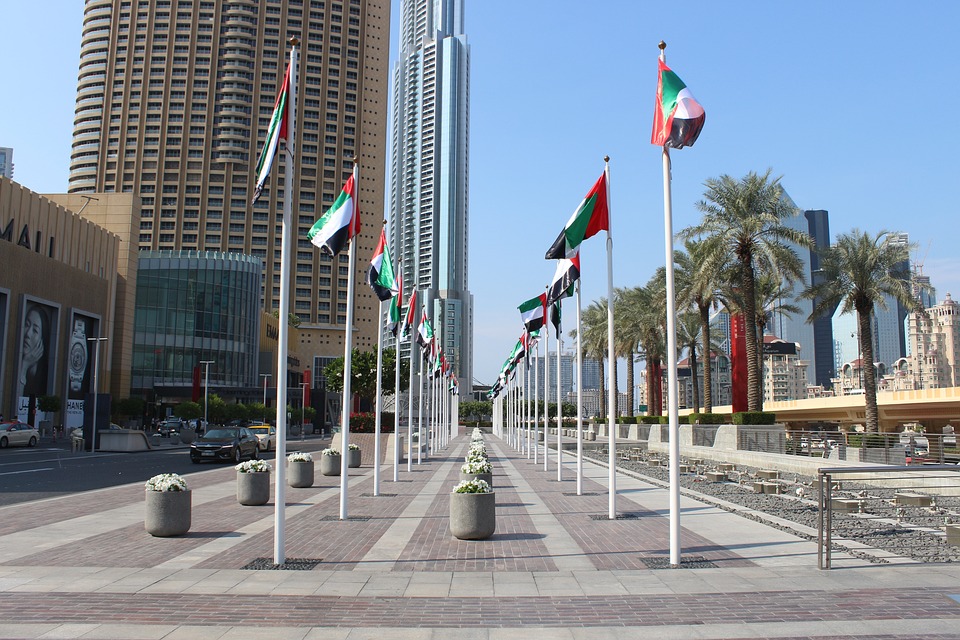The United Arab Emirates has moved to tighten its anti-money laundering framework in parallel with the rollout of its regulated casino sector, a dual-track approach that officials say will protect the country's financial reputation while opening the door to integrated resort investment.
More than 50 federal and local authorities gathered in Abu Dhabi in early October 2025 to assess progress on the National Strategy for AML, CFT and CPF that runs through 2027. The sessions included the first dedicated review of risks tied to gaming and casinos, a shift that reflects the government's intention to match policy design with commercial reality as operators prepare to break ground.
The sessions came months after Wynn Resorts received the UAE's first commercial gaming operator license for its Wynn Al Marjan Island project in Ras Al Khaimah in October 2024. That announcement marked a turning point for the Emirates, which has no modern precedent for regulated gambling but now faces scrutiny over whether it can manage the financial crime risks that have plagued other jurisdictions. Foreign observers have described Wynn Al Marjan as the first large-scale development in the Gulf, joining several other Arabic casino options people are already accessing. Local regulators prefer the term "commercial gaming" and stress that oversight will extend to all forms of wagering, including platforms that offer games, bonuses and secure payment systems under strict licensing conditions.
The General Commercial Gaming Regulatory Authority, established as a federal body with exclusive jurisdiction over casino licensing, has started processing applications and publishing guidance for prospective operators. The regulator's mandate covers all commercial gaming activities in the country, a scope that includes coordination with financial intelligence units on transaction monitoring, beneficial ownership disclosure and suspicious activity reporting.
The government published its 2024–2027 national AML and CFT strategy in September 2024, setting out 11 strategic goals and a reform program that covers banking, designated non-financial businesses and emerging sectors. Participants at the October workshop spent two days matching the strategy to operational realities, reviewing supplier vetting and what information regulators would share when suspicious transactions surface. The focus was on workable systems rather than theoretical frameworks.
International validation has changed the operating environment. The Financial Action Task Force dropped the UAE from its gray list in February 2024, acknowledging improvements in enforcement and cross-border cooperation, and the European Union followed suit by announcing in mid-2025 that it would remove the country from its high-risk category. Banks, payment processors and technology companies face fewer barriers in the UAE market, but regulators must now prove they can sustain the reforms that removed the country from both watchlists. That pressure explains why October's agenda focused on finalizing casino-specific controls before resorts begin operations.
UAE regulators have watched what happened in other markets. They saw how rapid casino expansion in established hubs led to enforcement problems and reputational hits when AML systems failed to keep pace, and they are determined not to follow that path. The strategy now is to wire compliance checks into the development process from the start instead of trying to fix gaps later.
For operators and suppliers, the message is direct. Prospective licensees will face scrutiny on source of funds, customer due diligence and the separation of gaming and non-gaming revenue, with payment flows analyzed for patterns common to high-risk entertainment sectors. Those patterns include chip purchases funded by third parties and layered transfers through non-bank channels that can mask the origin of funds.
Vendors that supply transaction monitoring, know-your-customer systems and case management tools to financial institutions may find new clients among integrated resorts, particularly those that can demonstrate their platforms meet national strategy requirements and support fast regulatory reporting.
Governments across the region are watching what happens in the UAE. Gambling remains banned in most Middle Eastern countries, but some have started to revisit those restrictions as they look for tourism revenue and less reliance on oil income. Whether the UAE can pair tight AML enforcement with legal casino operations will likely affect policy discussions in Riyadh, Cairo and other regional capitals.
The October meeting in Abu Dhabi made clear that financial crime controls will remain tight as the sector expands. The revised national strategy will probably include risk assessments and data-sharing protocols specific to gaming, which could draw international operators without repeating the compliance failures that affected Las Vegas, Macau and other established markets. For the UAE, which wants to be seen as both open for business and financially sound, getting that balance right matters.


